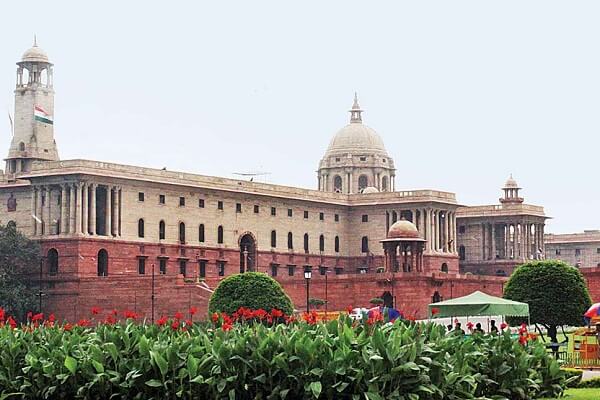1. Right to Freedom
The rights to freedom are the most important fundamental rights guaranteed by the constitution of India. It is the prevalence of these freedoms that make democracy meaningful.
Article 19 of the constitution now provides six freedoms namely :
- Right to freedom of speech and expression,
- Right to assemble peaceably and without arms,
- Right to form associations or unions,
- Right to move freely throughout the territory of India,
- Right to reside and settle in any part of the territory of India,
- Right to practice any profession or to carry on any occupation trade or business.
2. Right to Freedom of Religion
Freedom of religion in India is a fundamental right guaranteed by Article 25-28 of the Constitution of India. Modern India came into existence in 1947 and the Indian constitution’s preamble was amended in 1976 to state that India is a secular state.
3. Right to Equality
It includes equality before law, prohibition of discrimination on grounds of race, religion, gender, and caste or birth place. It also includes equality of opportunity in matters of employment, abolition of untouchability and titles.
4. Right to Education and Culture
Every child is tree to receive education in any educational institution without distinction of caste, creed, religion and sex. He is free to receive education up to any level. The minority groups are free to preserve their own language and culture. They are free to give education to their children in any school.
5. Right Against Exploitation
The Right against Exploitation enshrined in the Indian Constitution guarantees dignity of the individual. It also prohibits the exploitation or misuse of service by force or inducement in the following ways: It prohibits human trafficking i.e. it criminalises buying and selling of human beings like a commodity.
6. Right to Constitutional Remedies
This right is the most important right and protects all the fundamental rights. When someone feels that his fundamental rights are being harmed in any way or he is being denied the fundamental rights, he can approach any court of law to seek justice. Supreme Court is the highest court of the country and is the guardian of our fundamental rights.
Our Duties
We must respect the National Flag and National Anthem, obey the laws of our country, protect the power, unity and integrity of the country, safeguard public property, pay our taxes with honesty promptly, protect and preserve cultural heritage sites, protect, preserve and improve the natural environment, we must guard the country and maintain the spirit of a common brotherhood, we must respect, value and follow all the noble ideals used in the national struggle for freedom
Related Articles
How the Federalism has helped India in the Process of Nation Building?
India in the Context of South Asia
